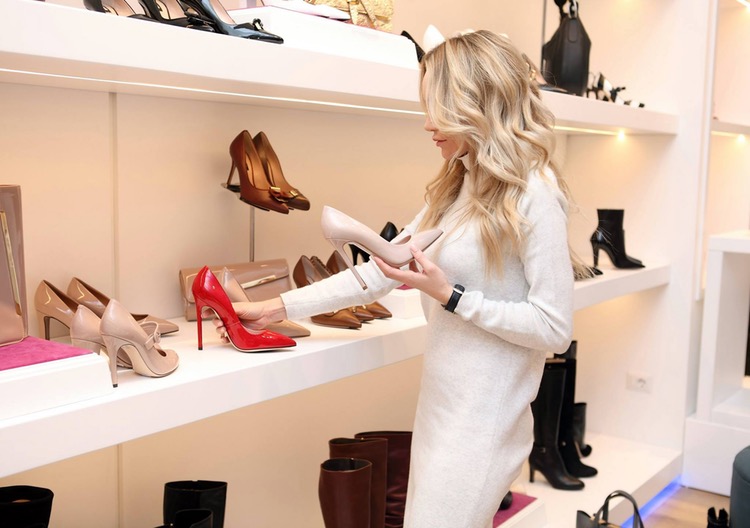It is awkward to admit that as I write this I feel the glare of a hundred vegan eyes judging me through the computer screen. The truth is, I am a vegetarian that owns a leather pair of shoes and I do not feel like a shitty person…
Actually, if I start to think about dying cows for the sake of those shoes I actually do feel like a shittier human.
Here is the thing. I just haven’t put much thought into it. *cringes at self*. Over the years, I have worked in health food stores and vegan restaurants and not once has the topic of cruelty-free (a.k.a vegan) shoes arisen in conversation. So here I am, sharing my research about cruelty-free shoes hoping you might one day look down and stop to wonder what went into the making of your footwear. One thing is for sure, it is not fashionable or sexy to kill eels, cows or snakes for the sake of shoes. But why do many of us still do it?
Do not get me wrong, the production of leather is not just harmful to animals but also to our planet. According to the Blacksmith Institute in New York, leather tanneries are “among the top 10 toxic pollutant problems worldwide”. This is in part because of the chemicals used to keep leather from deteriorating.
Even so, cruelty-free (or vegan) shoes are not “good” for the planet. The synthetic leather used to make them is often made from petroleum or polyvinyl chloride (PVC). Both are terrible for the environment and PVC causes serious health problems. Another material used to make vegan shoes is a mixture of polyurethane and cotton. Still, cotton requires a lot of water for production and less than 1% of the world’s cotton is farmed organically. There is one great thing about making vegan shoes with synthetic material, less waste.
Cruelty-free shoes can also be made with a mix of petroleum, recycled shoes and other materials like rubber tire, recycled polyester and even fishing nets! I like this idea, using what waste there already is to make something better.
It’s hard to be vegan and eco-friendly at the same time. Just because someone omits animal byproducts from their diet, it does not mean they have cut it from their lifestyle. No one should judge though. No matter who we are and what we’re eating, if we step foot on this planet we are ruining it in some way or another (even if we are trying our best to better it).
Still, you can buy cruelty-free shoes and feel a little bit better about your purchase. PETA actually has a great list of brands that make cruelty free shoes and clothing here. I was happy to see popular brands like Keds, Converse and Vans are considered vegan. However, there’s one thing we all have to realize, vegans and omnivores alike. When we consume, we are all disturbing the planet and that’s not good for anyone. Not for us, not the planet or the animals on it.
We’ve been talking about cruelty-free shoes, but another important thing to keep in mind when it comes to footwear is the use of custom orthotics inserts. They can make a huge difference in providing support and comfort for your feet.





